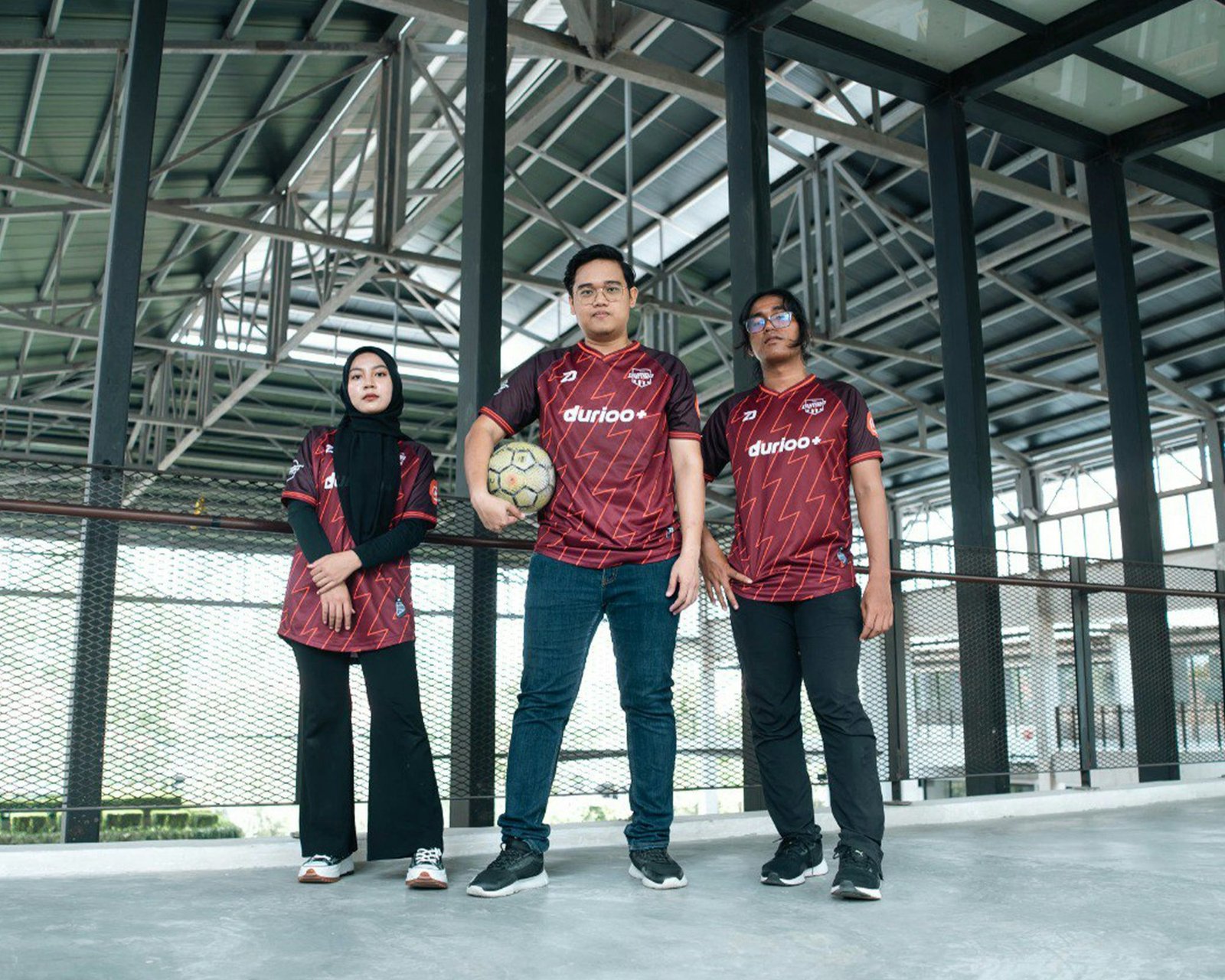Football is not just a game; it is a universal language that transcends borders, cultures, and backgrounds. For millions of fans worldwide, it evokes deep emotional connections, serving as a source of pride, identity, and community. This article delves into the profound cultural impact of football, examining how it shapes societies, influences traditions, and fosters connections among people. From the local pitch to grand stadiums, football has the power to bring people together. In many countries, the sport serves as a community anchor, where fans unite to support their teams. This communal experience fosters a sense of belonging, as individuals from diverse backgrounds come together with a shared purpose. In cities like Buenos Aires, the fervor surrounding local clubs like Boca Juniors and River Plate creates a vibrant tapestry of culture, with fans living and breathing their team's identity. The rivalries and passionate support transform matches into electrifying events that go beyond sport, becoming part of the local culture and lifestyle. Football also plays a vital role in national identity. Countries often rally around their national teams, especially during major tournaments like the FIFA World Cup or the UEFA European Championship. These events become moments of national pride, where citizens unite to cheer for their representatives. For instance, Brazil's rich footballing heritage is intricately linked to its national identity, with players like Pelé and Zico embodying the spirit of the nation. The success of national teams can uplift entire populations, creating a sense of hope and unity amidst challenges. Additionally, football influences cultural expressions, from music to art. Iconic songs like “Three Lions” in England or “Waka Waka” in South Africa showcase how football inspires creativity and serves as a backdrop for celebrations. Artists Basketball and musicians often draw inspiration from the sport, using it as a medium to express emotions related to victories, losses, and the shared experiences of fans. Football-themed murals and street art can be found in cities worldwide, celebrating local heroes and capturing the essence of the game. The sport’s global reach also facilitates cultural exchange, as players from diverse backgrounds come together to compete. International leagues attract talents from various countries, fostering an environment of collaboration and shared learning. The Premier League in England, for example, features players from across the Football globe, each bringing unique styles and influences to the game. This melting pot of cultures enriches football, creating a dynamic environment where players and fans alike celebrate diversity. Furthermore, football serves as a platform for social change and activism. Many players and clubs use their influence to address pressing social issues, advocating for equality, diversity, and community support. Initiatives like “Kick It Out” in England aim to combat racism and discrimination in football, promoting inclusivity within the sport. Players such as Marcus Rashford have also utilized their platforms to champion causes beyond football, highlighting the responsibility athletes have to advocate for change. Youth development programs associated with clubs often emphasize the importance of teamwork, discipline, and respect. These initiatives not only nurture young talent but also teach valuable life skills, shaping future generations both on and off the pitch. Grassroots movements, driven by community engagement, underscore the sport's ability to empower individuals and create positive social impact. Football's influence extends into the realm of business and economics. Major tournaments generate substantial revenue through ticket sales, broadcasting rights, and sponsorships. Cities hosting these Volleyball events often experience economic boosts, with increased tourism and job creation. The globalization of football has transformed it into a lucrative industry, with clubs and players capitalizing on branding opportunities. Merchandise sales, endorsements, and social media presence contribute to the financial ecosystem surrounding the sport. The emotional rollercoaster of football also shapes narratives in literature and film. Numerous books and movies encapsulate the highs and lows associated with the sport, resonating with fans who have experienced similar journeys. The cinematic portrayal of football, whether in documentaries like “Senna” or fictional films like “Goal!,” captures the essence of aspiration, struggle, and triumph. These narratives allow fans to connect deeply with the sport, forging bonds that go beyond the final whistle. As football continues to evolve, its cultural significance remains steadfast. The rise of technology and social media has transformed how fans engage with the sport. Platforms like Twitter and Instagram provide fans with direct access to players, creating a sense of intimacy and connection. This real-time interaction enhances the fan experience, allowing them to feel closer to their heroes and participate in conversations about the game. The future of football promises to be just as impactful culturally, with emerging technologies likely to shape how the sport is consumed. Virtual reality and augmented reality may offer fans immersive experiences, allowing them to feel as if they are part of the action. As football continues to adapt to changing times, its core essence—uniting people through a shared love of the game—will remain unchanged. In conclusion, the cultural impact of football extends far beyond the pitch. It shapes identities, fosters community, and inspires creativity while serving as a platform for social change. Football has the unique Hockey ability to bring people together, creating bonds that transcend geographical and cultural boundaries. As we celebrate the beautiful game, we also acknowledge its power to inspire hope, pride, and a sense of belonging among fans worldwide. The journey of football, intertwined with culture, will undoubtedly continue to evolve, leaving a lasting legacy for generations to come.
